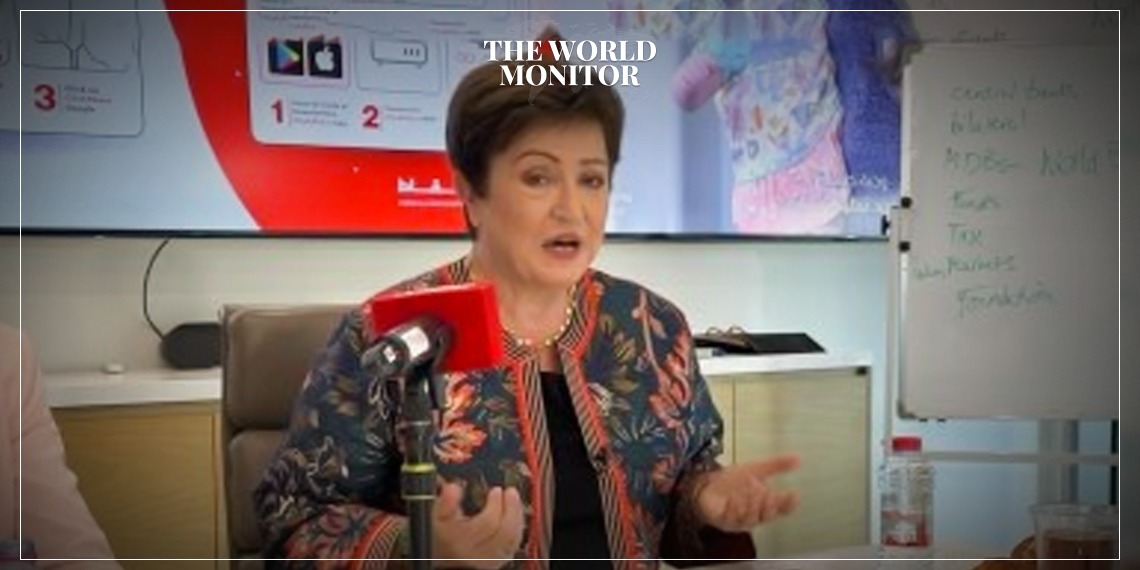The Executive Director of the International Monetary Fund (IMF), Kristalina Georgieva, stated that Egypt, Jordan, and Morocco have successfully implemented comprehensive plans to reform the subsidy file, which were characterized by greater attention to the most needy groups.
Georgieva, in a speech at the Arab Financial Forum in Dubai, added that the gradual elimination of direct energy subsidies could save $336 billion for Middle Eastern countries, including oil-exporting nations. This not only helps achieve financial savings and reduce pollution but also aids in enhancing social spending.
She pointed out that the Fund has provided approximately $64 billion in liquidity and reserves to the Middle East and North Africa region since the beginning of the COVID-19 pandemic. This includes $8 billion last year and $1.6 billion from the Resilience and Sustainability Fund to assist Morocco and Mauritania in transitioning to greener economies.
On another note, Georgieva called for improving the performance of institutions and bodies owned by Arab states, whose assets exceed between 50% and 100% of the GDP in some countries. She also advocated for increased revenue collection through policies and tax revenues, noting that many countries have improved their value-added tax systems.
The IMF Executive Director highlighted that 11 Arab countries have joined the global agreement for a minimum corporate tax and reiterated the Fund’s expectation of a decline in Middle East GDP growth to 2.9% in 2024. This is due to short-term oil production cuts in some exporting countries, the war on Gaza, and the ongoing need for tight monetary policies, according to her statement.
She anticipated that declining oil demand would become an increasing challenge in the medium term, while high levels of debt and borrowing, coupled with limited access to external financing, pose obstacles for some Arab countries’ energy-importing economies.






